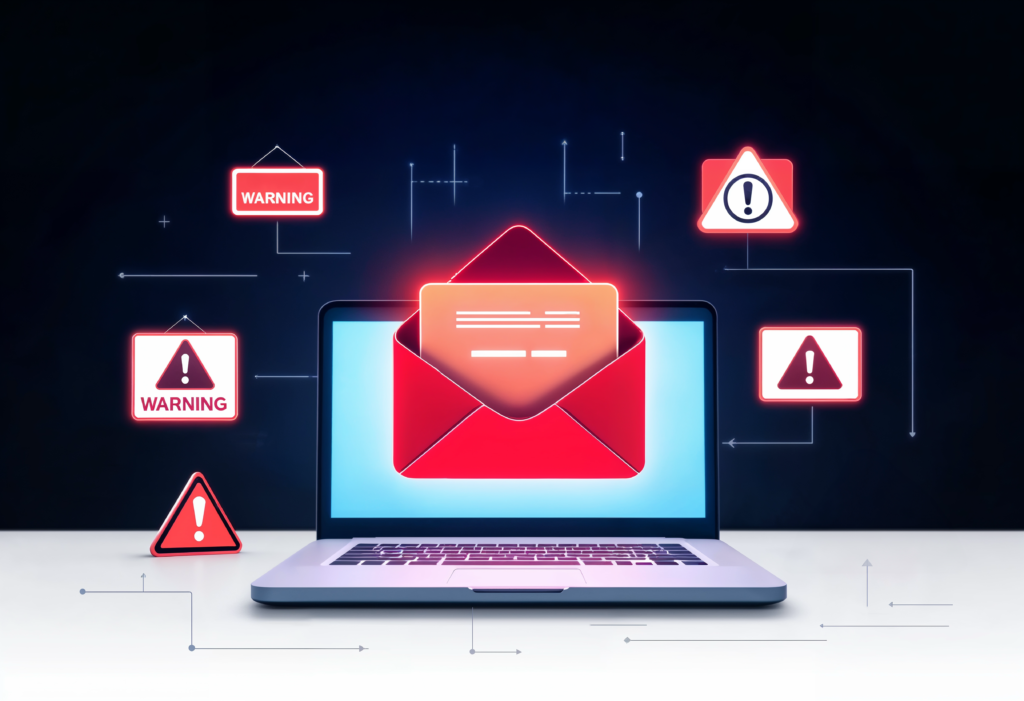In an era where digital connectivity is increasingly recognized as a fundamental right, India’s frequent use of internet shutdowns has become a contentious issue. Reports indicate that India experienced 88 internet shutdowns due to communal violence between 2023 and 2024, which comprised all such shutdowns worldwide during that period. Since 2018, India has accounted for nearly 95% of global internet shutdowns linked to communal unrest, highlighting a stark trend in the country’s approach to managing digital access during times of social tension.

What Are Internet Shutdowns?
An internet shutdown is a government-enforced restriction that either fully blocks internet access or limits specific services, such as social media platforms. These shutdowns can vary in scope, affecting a few districts or entire states, and significantly disrupt the lives of millions of people.

The Data Behind India’s Shutdowns
- Manipur: Experienced 14 shutdowns, contributing significantly to the overall disruptions.
- Haryana: Saw numerous shutdowns primarily linked to communal tensions.
- Other States: Multiple shutdowns occurred across various regions, severely impacting businesses, education, and everyday communication.
India has become notorious for having the highest number of government-imposed internet shutdowns. Authorities often justify these shutdowns by citing concerns over law and order, despite the significant disruptions they cause to various sectors of society.ion, these disruptions come at a high social and economic cost.
The Human Cost of Internet Blackouts
Internet shutdowns present a significant challenge for students who rely on digital learning, businesses that depend on online transactions, and journalists covering sensitive events. These shutdowns restrict access to timely information, impede emergency responses, and infringe upon fundamental rights such as freedom of speech and access to knowledge.
A Global Perspective
While internet shutdowns are not unique to India and occur in multiple countries, the frequency and scale at which they are implemented in India are unmatched. The international community, including organizations such as Access Now and research teams from The Hindu, have expressed significant concerns regarding the high frequency and far-reaching implications of these shutdowns.

The Path Forward
There is an urgent need for transparent policies and viable alternatives to blanket internet shutdowns. Governments should consider measures such as content moderation, targeted restrictions, and enhanced cybersecurity enforcement to address concerns without completely severing digital access. As reliance on digital technologies increases, protecting the right to internet access is crucial for democracy, economic development, and societal advancement.